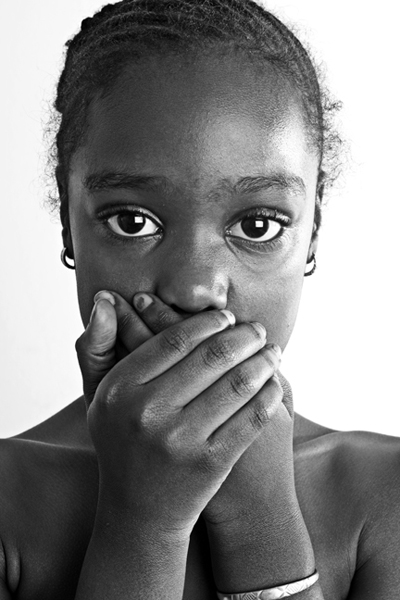Serendip is an independent site partnering with faculty at multiple colleges and universities around the world. Happy exploring!
Uninhibited's blog

Reactions to Cliff
After reading Cliff, I've noticed that she places much emphasis on projecting anger outwards rather than inwards as way to deal with oppression. She claims that she used the piece "If I could Write this in Fire I would Write this in Fire" to express her anger at her experience as a member of a colonized country. This has made me think about the power of words, and the prisons these "voices" can become, even when we see them as therapeutic. As I struggle with my identity as an immigrant, a woman of color, a latina, and a woman anger has been an option too many times but so has silence. So what is the best way to deal with the effects that all of the "-isms" have on us? I have used silence, and failed. As I swallowed my words I became angrier at my inability to point out statements or actions that I felt were hurtful to my community and myself. Silence, was what I was taught was the best way to handle these things in America, as my mother and father repeatedly brushed off blatantly disrespectful situations. I have also chosen anger. After coming to Bryn Mawr, I began being loud. I pointed out and sought situations that would allow me to "educate" those who spoke ignorant comments but that was exhausting. In both voice and silence I found myself unhappy when dealing with these "isms." I wonder how the author felt after releasing all of the anger, and how others deal with issues as deep as colonialism, racism, and sexism.

Silence, Protests, and Roles

I've been thinking a lot about the connection of silence with oppression, either as an enabler of oppression or a form of protest. The most obvious examples are those of marginalized groups in the US and abroad who have either been oppressed by silence or used it as a method of ending that oppression. I've been relating silence to my own life, however, when thinking about my role within my family. In my family, silence is used as a way to maintain the power dynamics of the "adults" and/or the men. I always say that my experiences at Bryn Mawr are very different than those at home because at Bryn Mawr I have a voice and know that others are interested in what I say. In my own family however, I don't feel as though it is ok for me to contradict a comment my father makes, or to showcase what I've learned because I am a woman and a daughter. I have learned to not only follow the rules of silence within my family because they are our tradition, but as a way to keep the peace, even if it keeps important parts of me hidden from those I care about the most. I very rarely question or disagree with my family members, even now as a college student, mostly because silence to us is synonymous with respect.


